Prohibition of Dual Agency and its Implications
The Paris Paradigm model is designed to provide uncompromised buyer representation by strictly prohibiting dual agency. Dual agency occurs when a single agent represents both the buyer and the seller in the same real estate transaction. While this practice is legal in some jurisdictions, it presents significant conflicts of interest that can compromise the integrity of the transaction. The Paris Paradigm model addresses these issues by ensuring clear and dedicated representation for buyers.
Understanding Dual Agency
Dual agency involves a single agent representing both parties in a transaction. This can occur when:
An agent has a listing agreement with the seller and also represents a buyer interested in that property.
In this scenario, the agent is placed in a position where they must balance the interests of both parties, which can lead to conflicts and compromise negotiations.
The Problems with Dual Agency
The primary issues with dual agency include:
- Conflict of Interest: An agent’s loyalty is divided between two clients with opposing goals—one wants to sell for the highest price, while the other wants to buy for the lowest price.
- Compromised Confidentiality: The agent cannot fully protect the confidentiality of both parties. Sensitive information disclosed by one party may inadvertently benefit the other.
- Inadequate Advocacy: The agent cannot fully advocate for either party’s best interests. Negotiations may be less aggressive or strategic, resulting in less favorable outcomes for both parties.
- Ethical Concerns: The potential for bias and favoritism is high, leading to ethical dilemmas and the possibility of eroding trust in the agent’s professionalism.
Paris Paradigm and the Prohibition of Dual Agency
To address these issues, the Paris Paradigm model explicitly prohibits dual agency, ensuring that agents represent only one party in any given transaction. This approach has several key implications:
- Unbiased Representation: Buyers are assured that their agent is solely focused on securing the best possible terms for them, without any conflicting interests.
- Enhanced Confidentiality: Sensitive information shared by the buyer remains confidential, providing greater security and peace of mind.
- Stronger Advocacy: Agents can fully advocate for their client’s interests, employing aggressive negotiation tactics and strategic planning without any reservations.
- Improved Trust: The clear separation of representation builds trust between clients and agents, fostering long-term professional relationships.
How the Paris Paradigm Implements this Prohibition
The Paris Paradigm model enforces the prohibition of dual agency through specific policies and practices:
- Exclusive Buyer Representation Contracts: Agents enter into exclusive contracts with buyers, clearly outlining their role and responsibilities, and confirming that they will not represent the seller in any capacity.
- Transparent Communication: The model emphasizes transparent communication between agents and clients, ensuring that all parties understand the terms of representation and the reasons for the prohibition of dual agency.
- Strict Ethical Standards: Agents are held to high ethical standards, with regular training and monitoring to ensure compliance with the prohibition of dual agency.
- Use of Technology: Advanced technology supports the prohibition of dual agency by providing tools for managing client information, conducting market analysis, and facilitating transparent transactions.
Benefits of Prohibiting Dual Agency
The prohibition of dual agency within the Paris Paradigm model offers several benefits:
- Clients receive unequivocal support and advocacy, with agents fully committed to their best interests.
- Transactions are more transparent, with clear communication and no hidden conflicts of interest.
- The dedicated representation allows for more effective negotiations and better overall outcomes for clients.
- The prohibition reinforces the ethical integrity of the Paris Paradigm, setting a high standard for professionalism in the real estate industry.
In conclusion, the prohibition of dual agency within the Paris Paradigm model ensures that buyers receive uncompromised, dedicated representation. By addressing the inherent conflicts and ethical concerns associated with dual agency, the Paris Paradigm creates a more transparent, trustworthy, and effective real estate experience.
